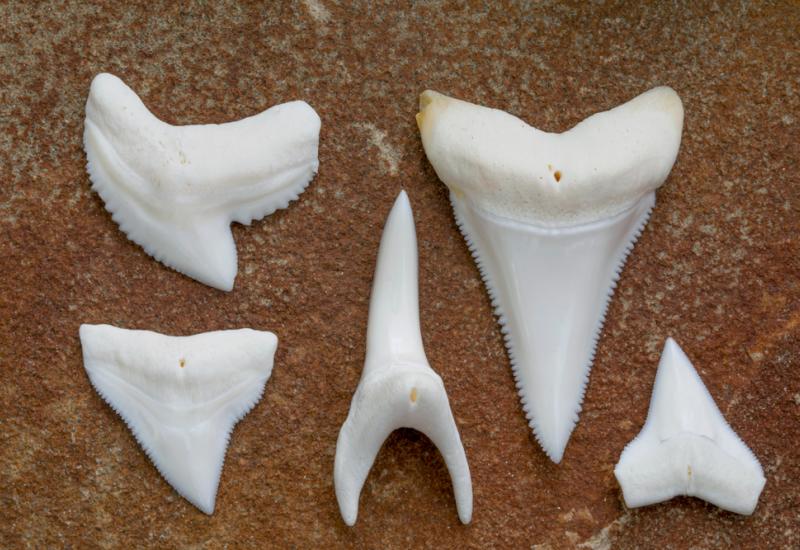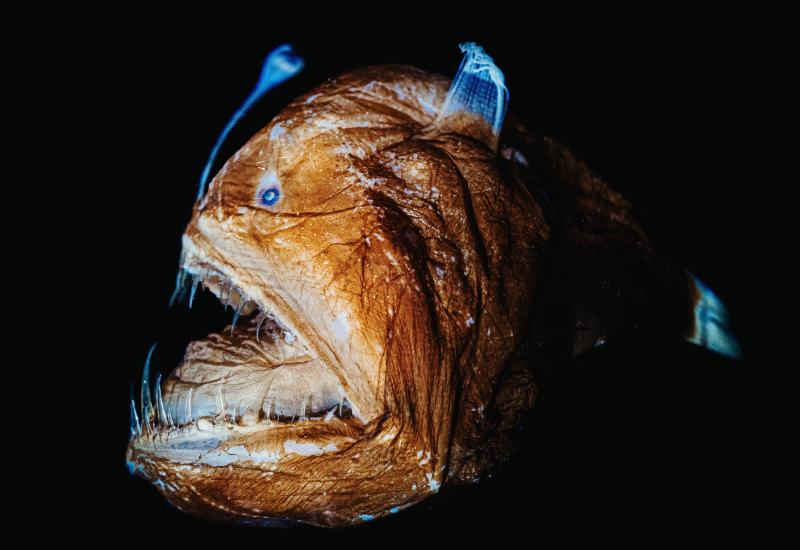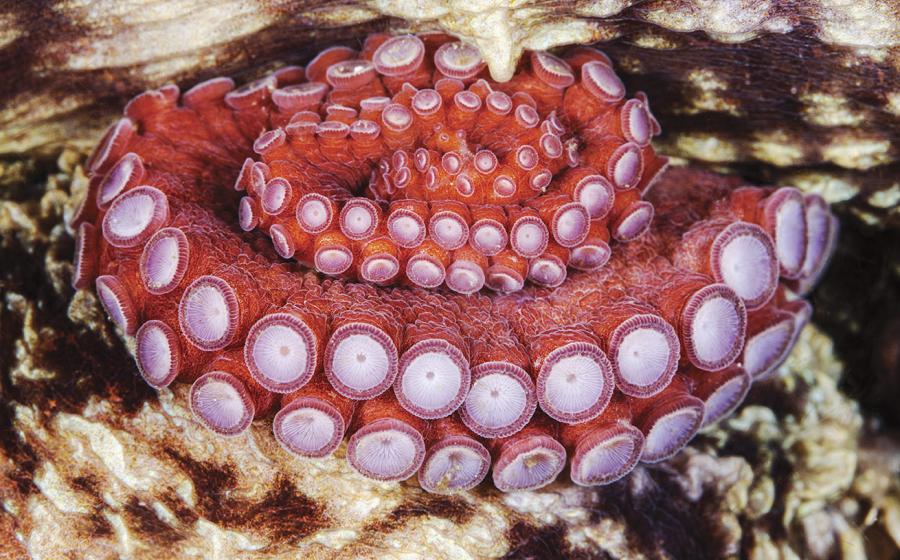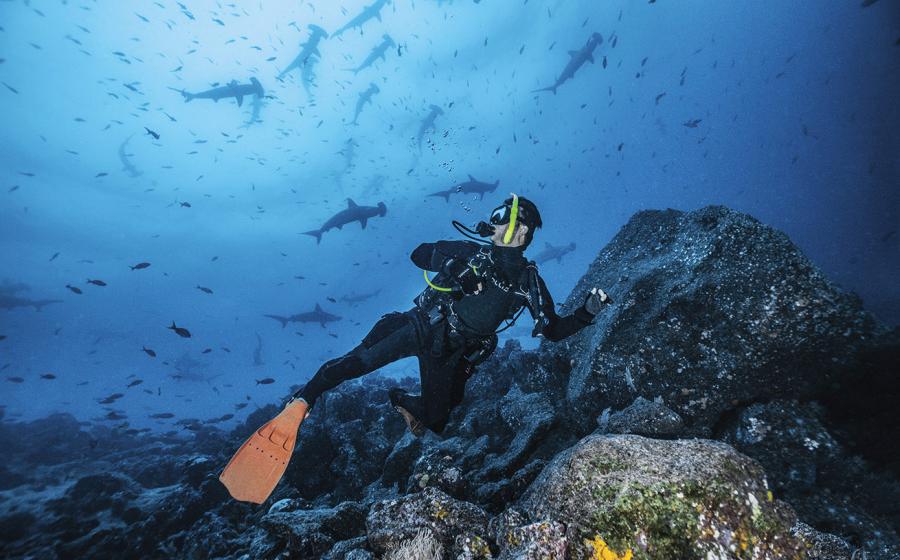Can Fish Survive in Both Fresh and Salt Water?
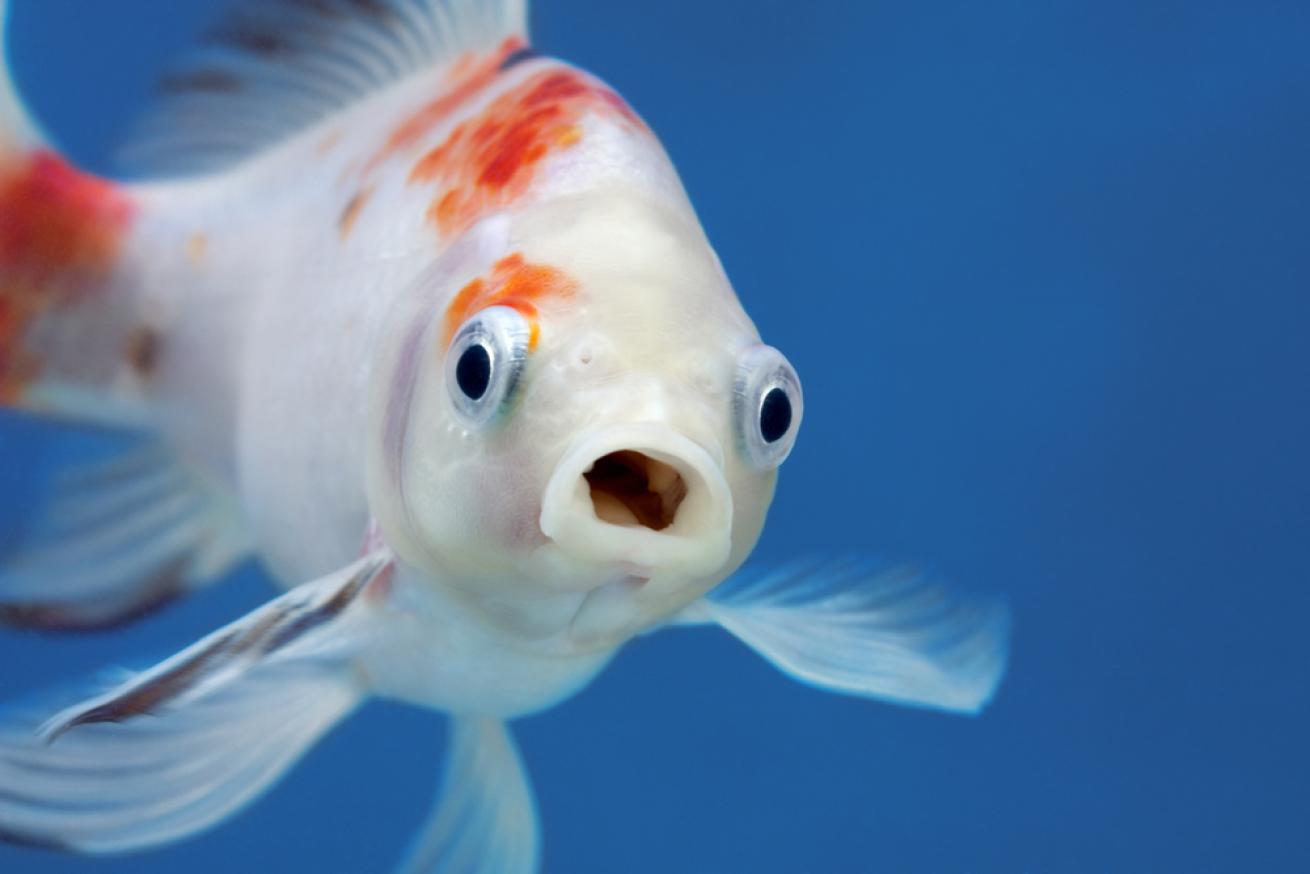
Shutterstock.com/NoheaphotosCan fish live in fresh and salt water?
Q: How can some fish cope with both fresh water and salt water, but most can't? —Sally L, London
A: Many divers know that the fish species we see in the ocean are usually very different from the species we see in lakes or rivers. And anyone with a hobby aquarium at home knows that if you put a saltwater fish in a freshwater tank (or vice versa), it won’t survive. This has to do with osmosis, a molecular process that occurs at the cellular level.
Related Reading: What Remains Unknown About the Deep Sea?
Water has a certain concentration of salts and other solutes, as do a fish’s cells. If that concentration is different, water flows across the cell membrane until concentrations are equal. Without some kind of adjustment, this means cells will either fill up with water and burst (for freshwater fish whose cells are saltier than freshwater ones) or shrivel up as too much water leaves (for saltwater fish whose cells are less salty than salt water).
What can fish do about this? The answer is osmoregulation, a physiological process that helps maintain the balance of water inside an animal’s body. This works differently for freshwater and marine fish. Freshwater fish want to keep salt and lose water, which is usually done through specialized kidneys that essentially make them urinate a lot of fresh water while keeping salts. Marine fish want to lose salt and keep as much water as possible, which they usually do by urinating relatively little and excreting salts.
Related Reading: Tuna, Mercury and Bioaccumulation: Have Humans Made it Worse?
Some fish species can adapt to both fresh and salt water. Salmon famously do this, for example, as do bull sharks (which are absolutely not the only shark species that can enter freshwater). However, most species cannot and are adapted to just one of these environments. A fish’s ability to switch between environments comes down to physiological and behavioral adaptations. For example, when in fresh water, salmon basically don’t drink at all, while in salt water they drink a lot. They also have specialized cells near their gills that help pump salts in or out.
Long story short, because it takes specialized adaptations to survive in fresh or salt water and even more specialized adaptations to move between the two environments, most fish species simply cannot survive both.
Ask a Marine Biologist is a monthly column where Dr. David Shiffman answers your questions about the underwater world. Topics are chosen from reader-submitted queries as well as data from common internet searches. If you have a question you’d like answered in a future Ask a Marine Biologist column, or if you have a question about the answer given in this column, email Shiffman at [email protected] with subject line “Ask a marine biologist.”

Courtesy David ShiffmanImage of David Shiffman
Dr. David Shiffman is a marine conservation biologist specializing in the ecology and conservation of sharks. An award-winning public science educator, David has spoken to thousands of people around the world about marine biology and conservation and has bylines with the Washington Post, Scientific American, New Scientist, Gizmodo and more. Follow him on @WhySharksMatter on Twitter, Facebook and Instagram, where he’s always happy to answer any questions about sharks.
The views expressed in this article are those of David Shiffman, and not necessarily the views Scuba Diving magazine.


